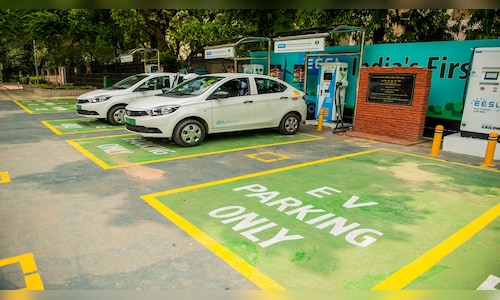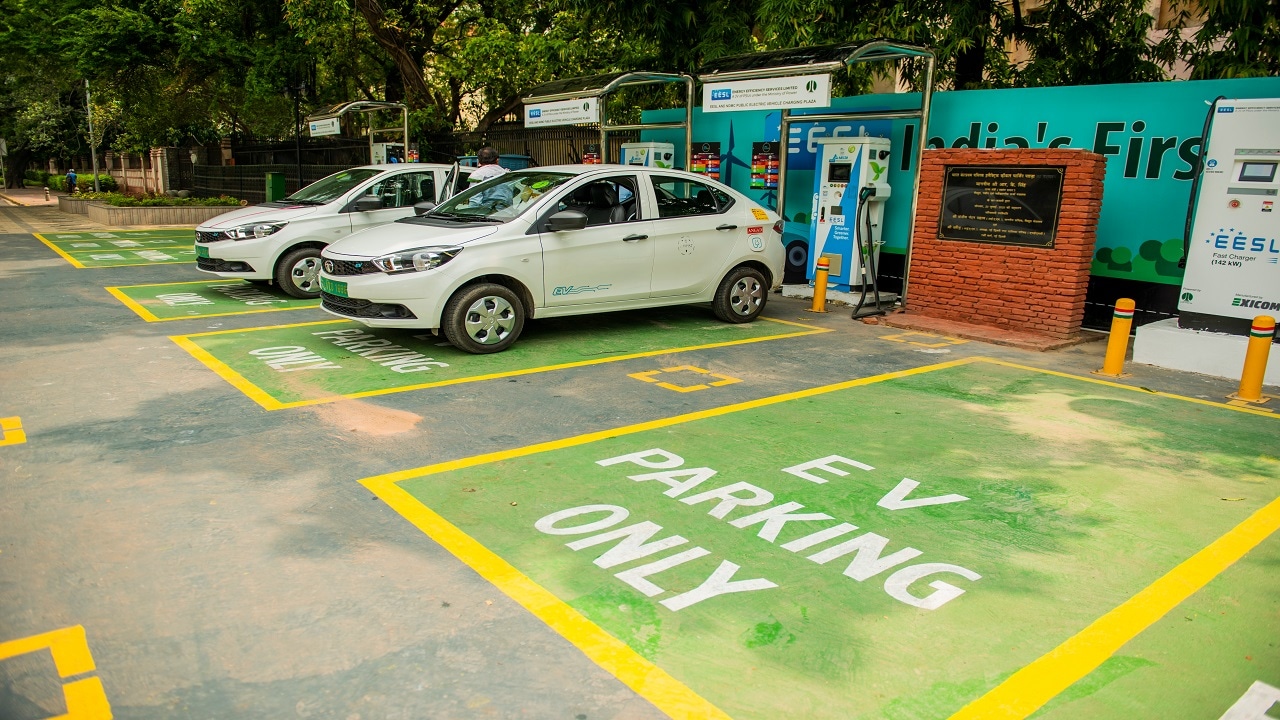

This proposal will be discussed at the council’s meeting on December 20-21 in Jaisalmer, Rajasthan, according to sources cited by CNBC TV18.
If implemented, this move could make second-hand EVs less appealing to buyers. Currently, new EVs benefit from a concessional 5% GST rate to encourage green mobility. However, used EVs, which are currently taxed at 12%, may be reclassified into the higher 18% tax slab, potentially reducing their affordability in the resale market.
Also Read: Skoda starts Kylaq production in Pune, first sub-4-metre SUV priced from ₹7.89 lakh
The GST on old and used vehicles is applied only to the supplier’s margin—the difference between the selling price and the purchase price or the depreciated value of the vehicle.
Under the existing system, petrol vehicles with an engine capacity exceeding 1200cc and a length over 4000mm attract an 18% GST. Similarly, diesel vehicles with an engine capacity above 1500cc and a length over 4000mm, as well as SUVs with engines exceeding 1500cc, are also taxed at 18%.
In contrast, all other vehicles, including EVs and smaller cars, currently fall under the 12% tax bracket.
Also Read: Xiaomi nears record high as EV sales climb 137%, challenging Tesla and BYD in China
The Fitment Committee has recommended that vehicles in the 12% category, including EVs, should be taxed at 18%, bringing them in line with larger cars and SUVs.
The GST Council will make a final decision on the proposal at its next meeting. If approved, all old and used vehicles would be uniformly taxed at 18%, representing a significant change in the tax treatment of smaller cars and EVs.
Also Read: Bajaj Chetak claims top spot as Ola Electric’s market share halves
(Edited by : Vivek Dubey)



